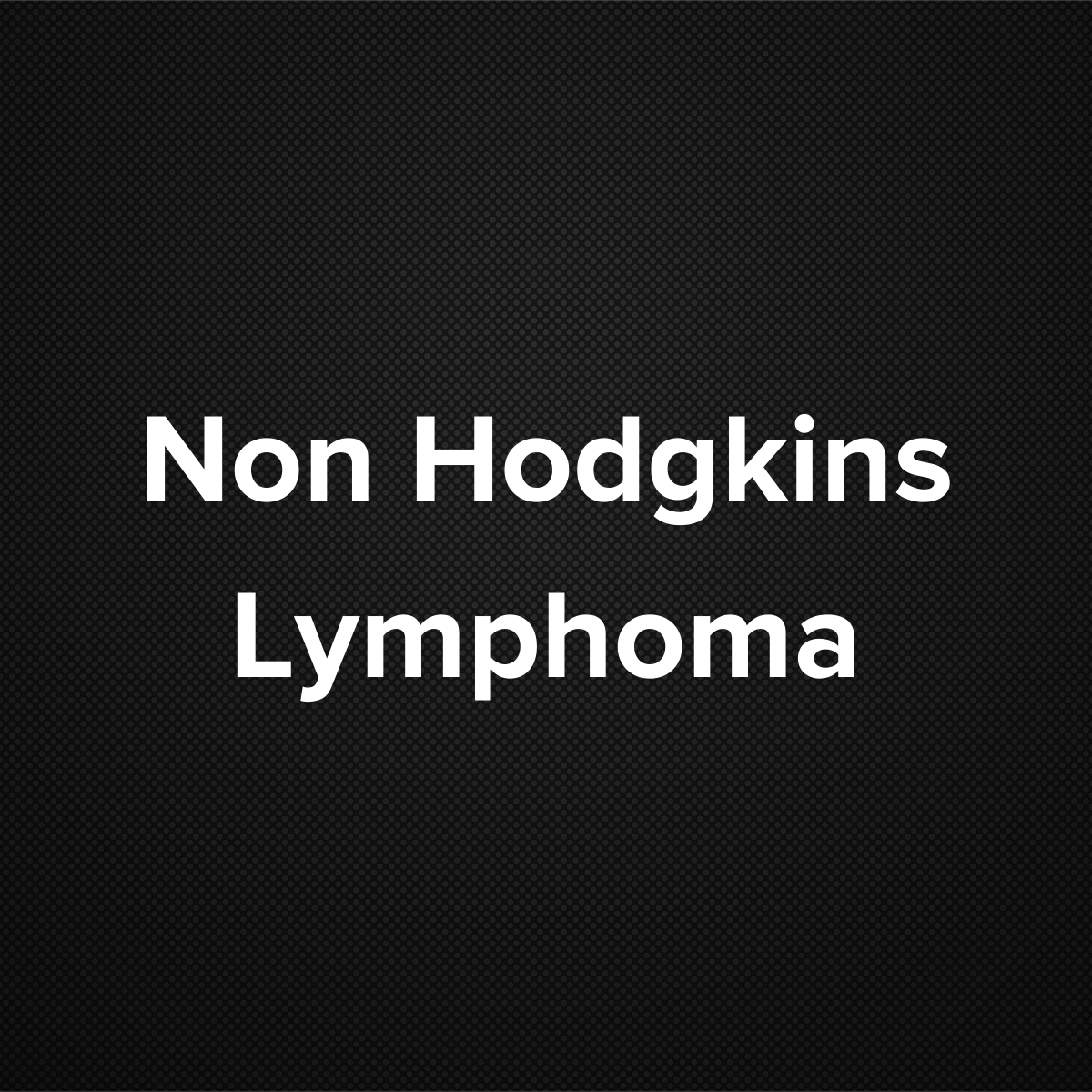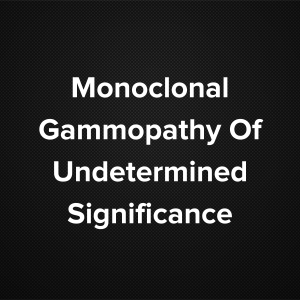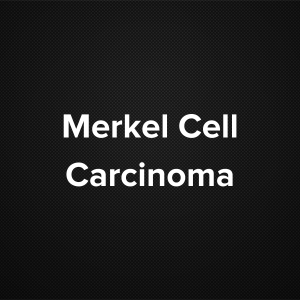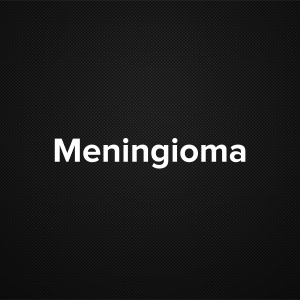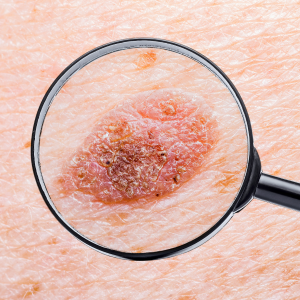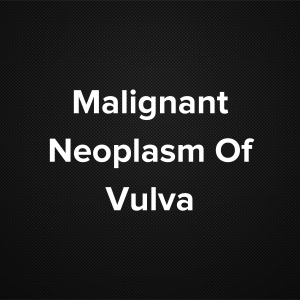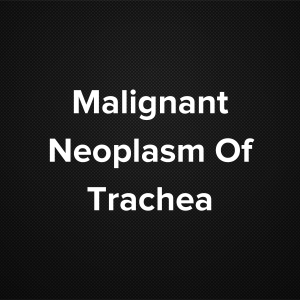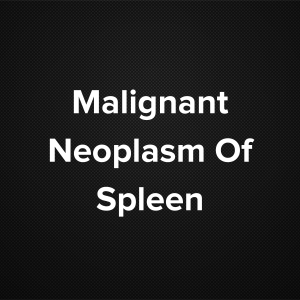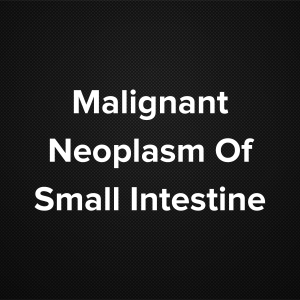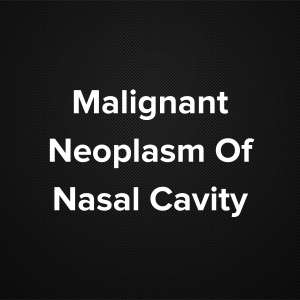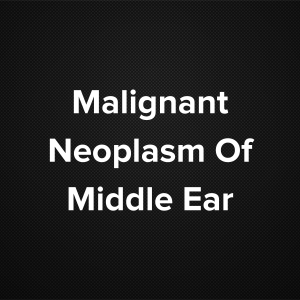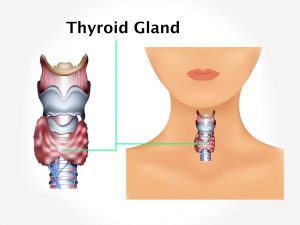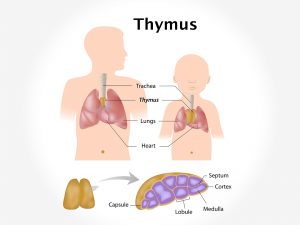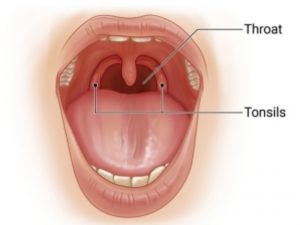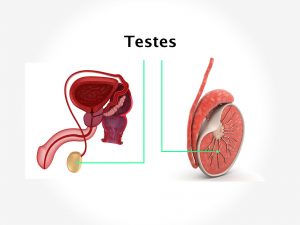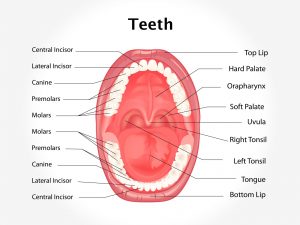Causes and risk factors
The exact cause is not known. However it has been put forth that there occurs uncontrolled and abnormal proliferation of the lymphoid cells. Lymphocytes are of two types B and T .In most of the cases B cells are affected while in some T cells affection is seen. Weakened immune system can be one of the cause.The proliferation of the cells is also triggered by infection like HIV, infection by human herpes virus or post organ transplanatation.Helicopylori bacterial infection can also lead to gastric lymphoma.
Clinical presentation:
Depending upon the proliferation of the cells non Hodgkin lymphoma can be of two types High grade NHL (Aggressive) and Low grade NHL (indolent or slow).In High grade type rapid proliferation of the cells occurs hence fast development of symptoms occurs, while in low grade type as slow proliferation is seen the patient can remain asymptomatic or symptoms occurs gradually. Enlargement of the lymph nodes especially of the armpits groin or neck region, sweating, fever and itching are the characteristic symptoms seen. The enlargement of lymph nodes is painless. Weight loss and loss of appetite is complained by the patient. Coughing, difficulty in breathing, pain in abdomen, nausea, vomiting, and constipation are the other associated symptoms.
Investigations:
Diagnosis is done of the basis of the symptoms narrated by the patient and the physical examination carried out by the doctor. Biopsy of the lymph nodes (excision or FNAC) is most diagnostic. Routine blood test and a profile of specialized blood test like bone marrow test, immunoglobulin determination test, measurement of the uric acid along with phenotyping of surface antigens can be done. Other investigations recommended are X-ray,MRI or CT scans of the chest, abdomen and pelvis.
Treatment:
In cases where the patient is asymptomatic no treatment or watchful wait is required. Patients who suffer from marked systemic complaints needs to be treated immediately. Chemotherapy is the main therapy recommended. Monoclonal antibodies are administered. Radiotherapy must be adopted. Blood and platelet transfusion is done in cases where the blood count is low. Stem cell transplantation is beneficial for the patient.
Other Modes of treatment:
Certain other modes of treatment can also be helpful in coping up the symptom. Taking into consideration the symptoms in holistic way, homoeopathy can offer a good aid for the relief of the symptoms.
Recent updates:
Studies carried out by the scientist of the Manchester University have revealed that for non Hodgkin’s lymphoma especially the follicular type. The use of antibodies to specifically target the tumor cells and to stimulate the patient’s own immune system to attack their tumor. The use of such antibodies has improved treatment response.
